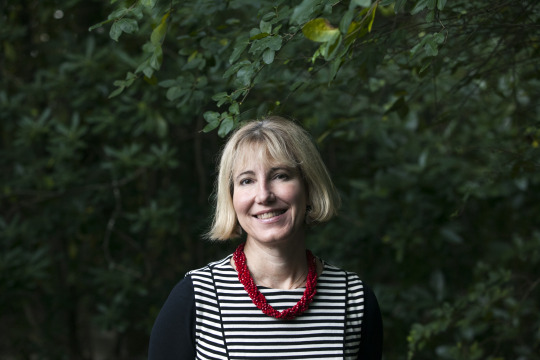It’s my pleasure today to welcome Elleke Boehmer to my blog. She is an acclaimed author, Professor of World Literature in English at the University of Oxford and an expert in postcolonial literature. Her latest novel, The Shouting in the Dark, is an intense, moving and honest portrayal of growing up in apartheid era South Africa.
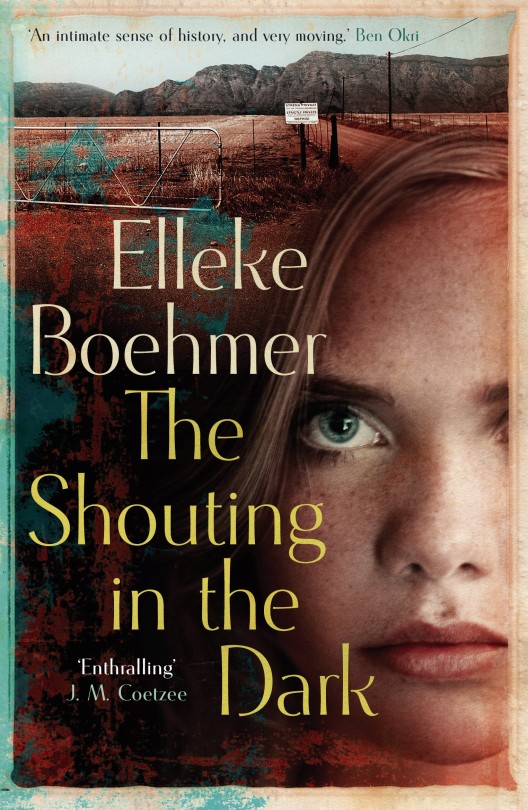
powerful and visceral prose. How easy was it to enter that heady world of the
childhood mind?
Thank you! Probably
the first thing to say in response to this question is that we all of us I
think still carry our childhood mind somewhere in our memory. Even though our child’s point of view may
have been overlaid by years of grownup experience, we remember how it was to be
a child and can get back there, to some degree, if we are able to concentrate
really hard, especially when we’re among familiar things, including images like
photos. But, having said that, it wasn’t
easy entering that world, making sure it was completely believable, sinking
back into that clear uncompromising perspective of the child. I had to be
ruthless with myself whenever I found myself imagining Ella from an external
point of view, or letting a 3rd person stance intrude into the
story. The narrative ‘eye’ had to remain
very focused not only on but in Ella the child.
[2] I was very
interested in how you named Ella’s parents: sometimes Mam and Dad and at other
times they were called ‘the mother’ and ‘the father’. I’m assuming this was
very deliberate and I’m wondering if it has something to do with the child’s
eye view of its parents, that our parents are concurrently knowable and
unknowable to us as children. What were your intentions here?
Yes, I think you’ve
very much picked up on what I was trying to do, capturing the child’s view of
her parents as remote and even unreal figures, whose ways and doings are often
quite alien to her. Ella’s father’s age
exacerbates this view. It tended to be that Ella only thinks of her parents by
their more familial, rather than generic, names when she addresses them, or for
some reason identifies briefly with them, as when she seeks her father’s
advice, fruitlessly as it turns out, about being a Late Developer.
her father or the theme of the apartheid period’s moral chaos?
Thinking back, these
aspects probably came to me in relation to each other. But before even these,
there was idea of war trauma, or what we now often call post-traumatic stress,
and the question of how a family copes when a parent, one of the figures of
authority within the family, is unable to function in their role as a
result. Ella’s father is a wrecker of
her love and trust, but in many ways he’s helpless, running amok with rage and
grief. I was also really intrigued to
explore some of the ways in which apartheid’s moral chaos was mirrored in the
moral chaos of a traditional patriarchal family when that authority has gone awry.
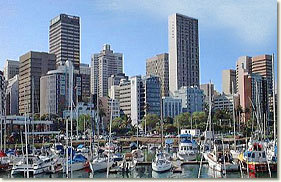
Victoria Embankment, Durban
[4] In this novel we are presented with a rich range ofcultures and languages: Boer, Zulu, Dutch , English etc. Certainly uneasy
bedfellows! Behind it all is the indifferent land itself of Africa, a land
wounded by its history. In my novel The Visitors I became fascinated by the
effects of the different cultures on the land before and after the 2nd
Boer War. Can you expand a little for us on what role is played in your novel
by South Africa itself?
A really interesting
question! South Africa is a land divided
in the novel; there are very few conversations or interactions other than
between Phineas and Ella where the conversation leaves the parties involved
closer together than further apart. Here
and there the land itself, including nature, like the frogs in the river
valley, has a way of asserting itself against the determination of the
characters to live as if they didn’t need to take account of these things. I’d also like to point to the role of the
sea, which is an area of release and potential escape, but also of connection,
where Africa isn’t a sealed off geography, but open to lands and cultures of
the Indian Ocean, that someone I know calls the connecting sea. This is the
powerful sense of possibility that the father, the man of the sea, gives to
Ella in spite of everything.
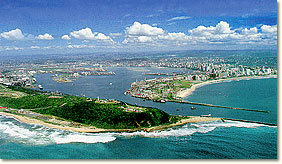
Bay of Natal
[5] The narrative structure is episodic. I’m interested inhow you fashioned it. Do you plan out the whole structure in advance, or was it
written in a more stream of consciousness style?
Both. I wrote separate episodes, each one intended
to mark a different new stage in Ella’s story of survival and coming into her
own, but then to keep the focus on the child perspective I had to run a stream
of consciousness approach through these episodes, to string them together.
image. What does it represent for you?
The polar bear – I
tried not to think too much about everything that the bear represents when I
was writing him, as the most important thing in those scenes is that link
between the child Ella and the caged creature.
But, that said, I do see how much meaning he accrued even as I was
writing that scene – he is whiteness, and the north, and another grieving
penned beast, not unlike the father, but he makes no demand on Ella, he
requires nothing from her, unlike the people in her life.
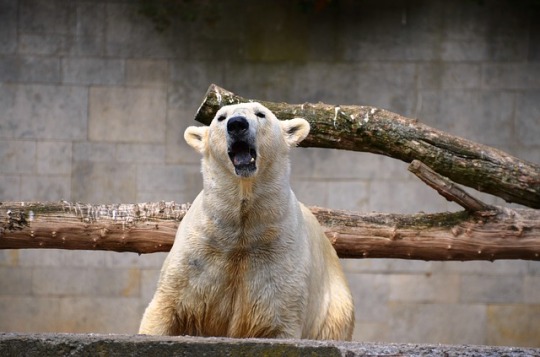
father?! Or did his anger seep into you sometimes? And do you feel he is a
symbol for something?
It was such a release
getting his voice right – he loves to use his voice and tell his shouty
stories, regardless of his audience, partly because he has few other outlets
now. There was both a freedom and a discipline in that. I wanted his perspective to be completely
believable also, like Ella’s. I suppose there’s quite a lot about ventriloquism
in the novel: different characters taking on each other’s voices, and stories,
and perhaps at the end of the day that is what the novelist’s work involves,
speaking for different characters in ways that sound completely plausible.
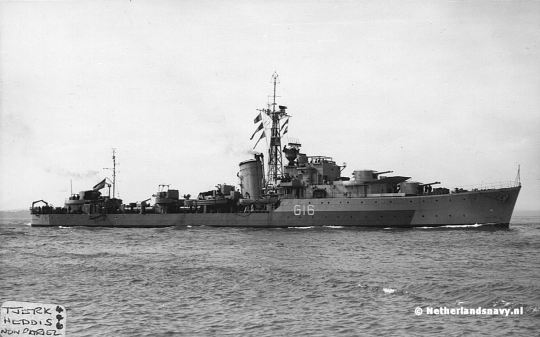
The Dutch destroyer Tjerk Hiddes, named in the novel.
[8] Is there any of you in Ella? E.g. love of words andpoetry. I was particularly taken with the imagery of trying to escape the noise
and clamour of life and the space it takes up in your mind, escape through
literature and writing itself.
Yes, I guess there is
the beginning of an answer to this towards the end of 7 immediately above. I do have a love of words – words as sonic
objects – and poetry, yes, as does Ella, but also I’m fascinated as is Ella
about taking on or adopting someone else’s words, as we do when we speak
poetry, and for a long time she is a competitive declaimer of English poetry.
Another thing I share with Ella, which is related, is a long time fascination
with Anne Frank. I was so delighted when I saw that the link with Anne Frank’s
diary allowed me to begin to weave scenes of hiding and being hidden through
the story.
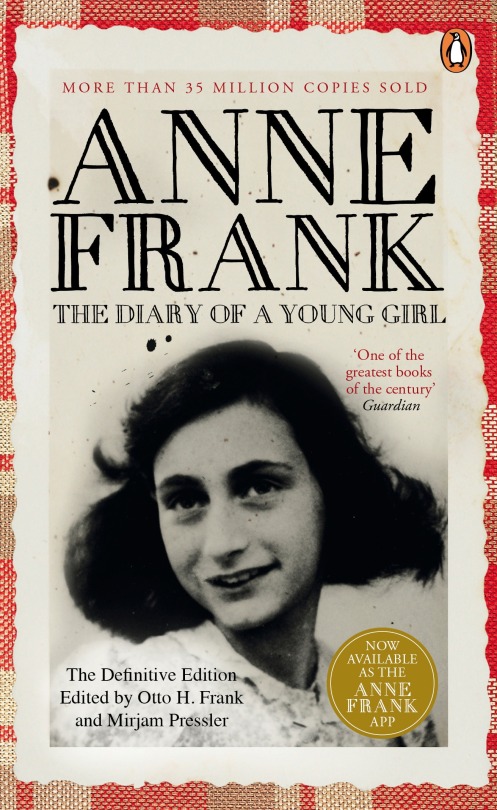
Thanks so much to Elleke for her fascinating responses.
Find her online here:
https://twitter.com/ellekeboehmer?lang=en-gb
https://www.facebook.com/pages/Elleke-Boehmer/947041868679973
http://sandstonepress.com/authors/elleke-boehmer
https://en.wikipedia.org/wiki/Elleke_Boehmer
